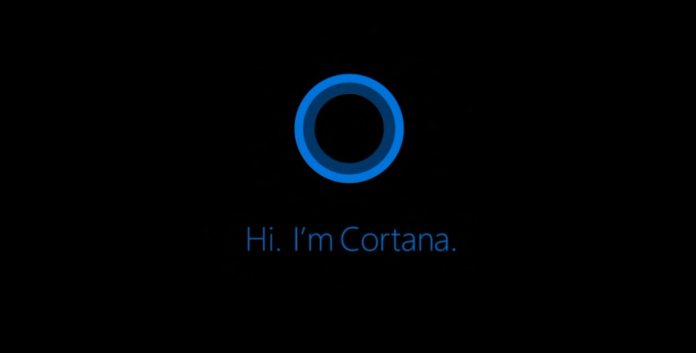Speaking to ZDNet, Cortana head Javier Soltero admitted, “this new market around ambient devices in the home has been shaped differently when we expected.” Soltero said that while Microsoft saw the emerging smart-speaker market, it didn’t jump on it quickly. However, he doesn’t believe this will mean an end to the digital assistant. Instead, Microsoft plans to angle Cortana from ‘assistant’ to ‘assistive’.
Reducing Third-Party Reliance
The difference is subtle but could have a significant impact. Essentially, Microsoft will use Cortana’s built-in functionality to aid users tasks, rather than control their home or other third-party integrations. She will do so by acting proactively on the behalf of users, guiding them through settings changes, Windows setup, and more. However, it doesn’t mean Microsoft will abandon smart home functionality entirely. “Our target is still to build Cortana as an assistant, too. Our intent is to remain coherent. But the result people want is the assistance. We think the one thing can carry the other,” said Soltero. The change in focus is unlikely to make all users happy, but it should reduce Microsoft’s reliance on third-party support, which has been poor so far. The main worry is that with this new focus, Cortana will turn into a glorified Clippy, rather than a useful, multi-faceted tool. In the end, it all depends on how much of its resources the company is willing to devote.




